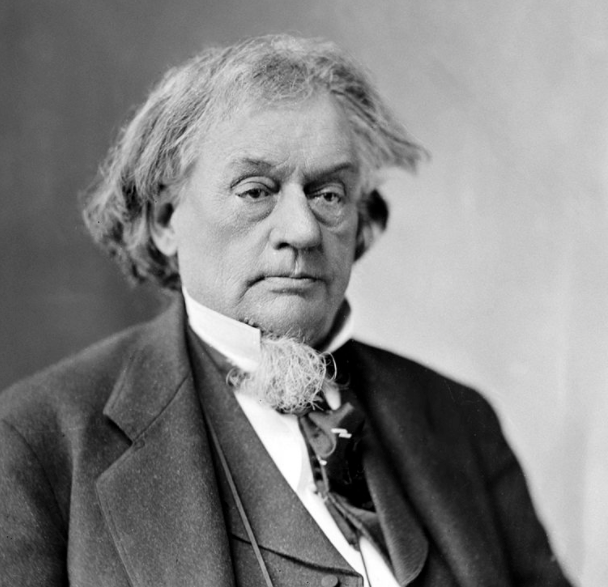The Articles of Confederation and the Constitution: Thoughts by Robert Toombs

Robert Toombs was a Georgia politician who served in the United States House of Representatives & Senate, and then served in the Confederate government after secession.
His criticism of the Constitution of 1787 is not idiosyncratic as many amongst the Founders and others in subsequent generations voiced concerns about the motivations of those pushing the new Constitution, its powers . . . especially the taxation powers . . . and the consolidating tendencies of the document. Some Anti-Federalists argued that the Constitution negated the very idea of a confederation and inaugurated a consolidated nation by the fact that the new government would be able to directly tax individual citizens. The Anti-Federalists defined a confederation as being a union of states where the central government dealt exclusively with the states in their corporate capacity and had no ability to directly tax the individual citizens of the states.
The inheritors of the Anti-Federalist's positions seem to be the Confederates. It is within this context that Toombs can be best understood.
August Glen-James, editor
After awhile, though, the politicians said it [i.e., the Articles of Confederation] did not work well. It carried us through the Revolution. The difficulty was, that after the war there were troubles about the regulation of commerce, about navigation, but above all, about financial matters. The Government had no means of getting at the pockets of the people; and but for that one difficulty, this present Government would never have been made. The country is deluded with the nonsense that this Bond of Union was cemented by the blood of brave men in the Revolution. Sir, it is false. It never cost a drop of blood. A large portion of the best men of the Revolution voted against it. It was carried in the convention of Virginia by but ten majority, and among its opponents were Monroe and Henry, and other men who had fought the war, who recorded their judgment that it was not a good bond; and I am satisfied to-day that they were the wiser men. . . . Had I lived in that day, I should have voted with the minority in Virginia, with Monroe, Henry, and the illustrious patriots who composed the seventy-nine votes [in the Virginia Convention] against the adoption of the present plan of government. In my opinion, if they had prevailed, to-day the men of the South would have the greatest and most powerful nation of the earth. Let this judgment stand for future ages.
Source: Stephens, Alexander H. A Constitutional View of the Late War Between the States. Forgotten Books, London. Vol. 1, pp. 115-116.
